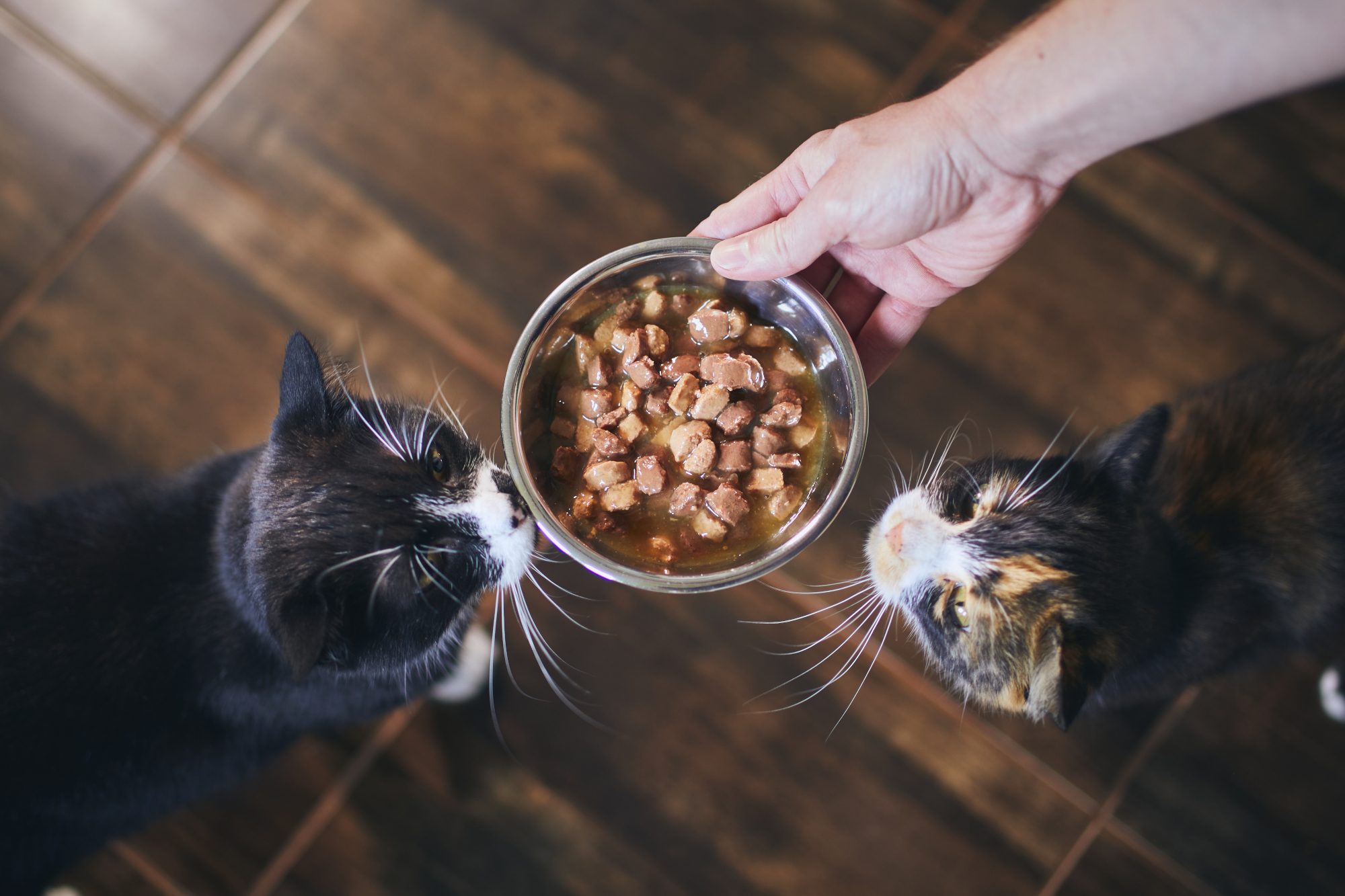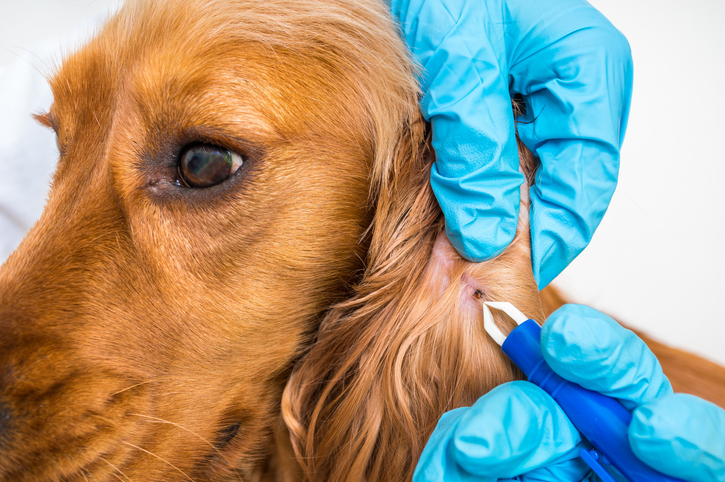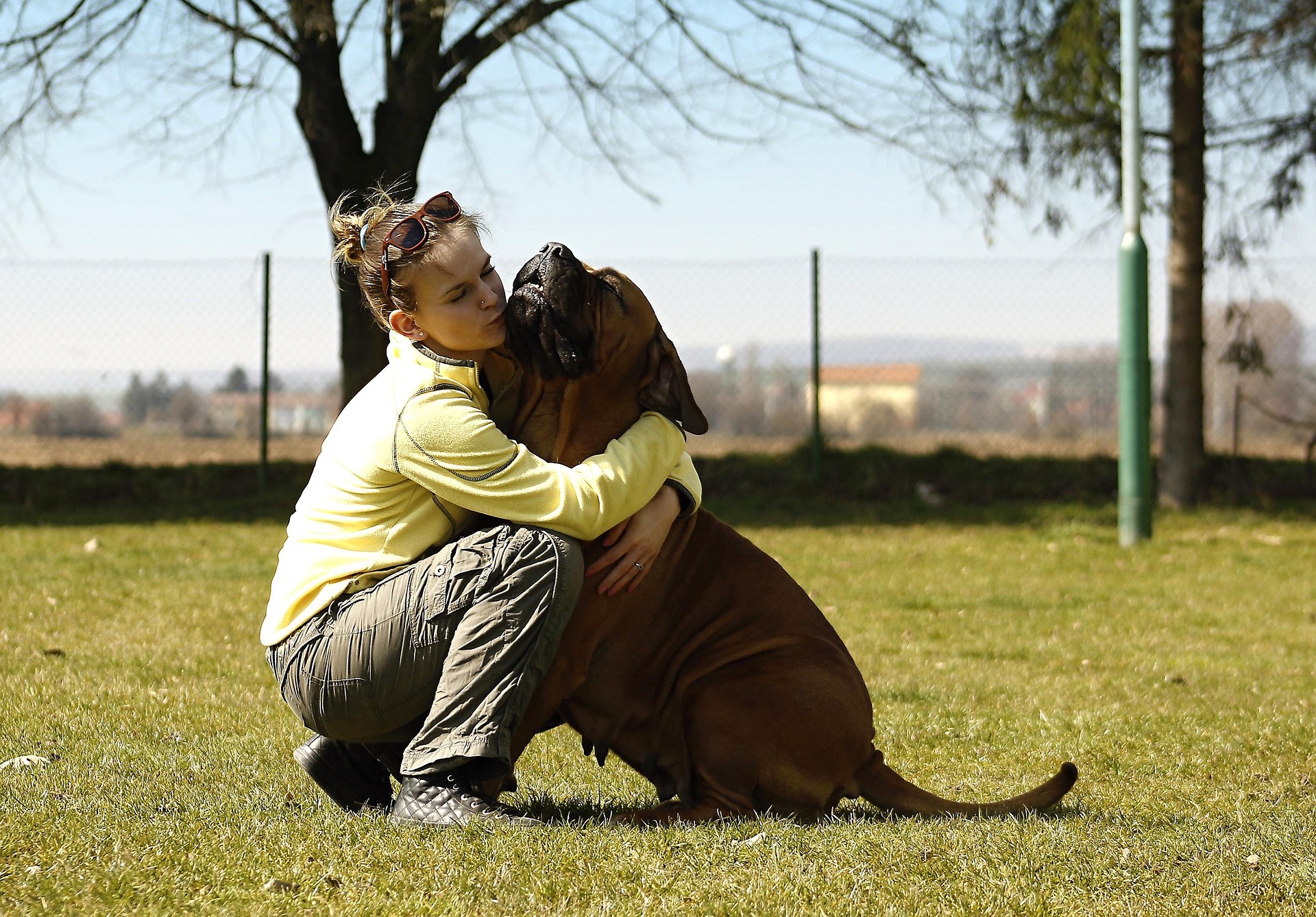Pet food. For something so seemingly simple, it’s one of the most hotly debated topics in the animal care world, and for good reason. We all want our pets to be as well-fed, well-nourished, and healthy as possible, and there are countless food brands out there claiming to be the best. And with very limited regulation on pet food and the claims it can make, there is unfortunately a lot of misinformation and confusion surrounding this topic.
In this guide, we answer some of the most frequently asked questions about pet food, as well as debunk a couple of myths that still persist among pet owners.
What is the best food for my pet?
There is no single ‘best’ food to feed a pet, as every individual has their own specific needs to consider. When choosing a food for your pet, you must consider their life stage, size, sterilization status, and overall health status. You’ll also need to cater to any allergies or strong preferences your pet might have. Lastly, always ensure you’re buying pet food from a recognized, reputable source. For more specific advice on selecting a food for your pet, talk to your veterinarian.
How do I know which food is a good choice for my pet?
Pet food legislation varies greatly in different countries. In Canada, pet food sold in stores must bear a label with a statement from either the Association of American Feed Control Officials (AAFCO) or European Pet Food Diet Industry Federation (FEDIAF). These labels will tell you whether the food is a complete diet or a supplementary food (treat), what species and life stage it’s made for, and whether it’s only intended for intermittent feeding, or can be used at all times. It will also state the methods used to get the nutrition data.
While it’s worth looking at the ingredient list (especially if your pet has allergies), the most important thing to keep in mind is the overall nutritional value listed on the product label. For more specific questions about a certain food, ask your vet for their opinion.
Are cereals filler? Are they bad for my pet?
A common pet food myth is that cereals and certain other ingredients act as ‘fillers’ in the food. In reality, nothing in pet food is truly filler—every ingredient in pet food sold in Canada must have some nutritional value. Cereal grains mostly provide caloric energy in the form of starch and carbohydrates, but they also provide essential fatty acids, vitamins, minerals, and fiber, all of which are just as essential for your pet as protein. Assuming they’re prepared correctly, cats and dogs are more than capable of digesting grains and benefiting from their nutritional value. Lack of some of these essentials can lead to deficiency related health concerns.
What are by-products? Are they bad for my pet?
“By-product” is a term that refers to an ingredient that is produced in parallel to another one. For example, wheat bran is a by-product of making wheat flour, which is used by humans. Because the goal of this process is to make flour, the wheat bran is considered a by-product, and the flour is considered the product.
The same goes for animal by-products, which refer to any part of the animal that can be eaten besides the muscle meat that we humans tend to consume. Since the product of this process is meat, everything else (such as liver, kidney, etc.) is considered an animal by-product. Pet food sold in Canada never contains inedible animal by-products, such as hooves or feathers. In short, think of by-products as a good use of ingredients that would otherwise be wasted. While they still contain excellent nutritional value, they’re used to enrich pet food.
Can I feed my pet a home-cooked diet?
You can feed a pet a home-cooked diet instead of buying pet food products, however you must ensure they are complete and balanced. Some people choose to feed a home-cooked diet because of the customization it allows. But since home-cooked pet food can’t be tested like store-bought food, it’s important that you follow a diet that has been formulated by a veterinarian specialized in nutrition. This ensures your pet is getting all the necessary nutrients and calories they need. If your pet eats a home-cooked diet, they should be regularly examined and blood tested by a veterinarian to ensure they’re in good health.
If you decide to feed your pet a home-cooked diet, never use recipes intended for human consumption. Not only do most of these recipes include ingredients that pets can’t safely tolerate (such as onions or garlic, for example), but they’re also not customized to the nutritional needs of a pet.
Should I feed my pet a raw diet?
Raw diets pose a very significant public health concern in case of any accidental contamination. Raw diets are not recommended for household pets for various reasons. Although pets can eat raw meat, it poses several health risks. including bacterial contamination, oral or intestinal damage from bones, and nutritional deficiencies if the diet isn’t formulated properly. While raw food has some anecdotal benefits, it’s better to opt for a vet-approved home-cooked diet instead. Numerous scientific studies have been conducted, and none have shown any benefits of raw diets.
How do I know if my pet’s diet is right for them?
The best way to ensure that your pet’s diet is giving them the nutrition they need is to consult with a veterinarian. They’ll examine your pet and run the necessary tests to check their levels of various proteins, amino acids, and nutrients, and use their extensive knowledge to determine if their diet needs to be adjusted. They’ll also consult with you on any changes or additions you’re thinking of making and will keep your pet under supervision to make sure they stay strong and healthy throughout any transitions.
Creative Commons Attribution: Permission is granted to repost this article in its entirety with credit to Hastings Veterinary Hospital and a clickable link back to this page.






